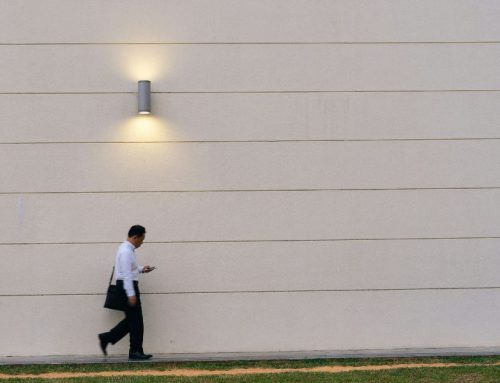Share Capital is the amount of money that the shareholders have committed to the company in exchange for shares. For example, if the shareholders have committed that they will invest $10,000 into the company in exchange for 10,000 ordinary shares, then the share capital of the company is $10,000 for 10,000 ordinary shares.
Paid Up Capital is the amount of money that the shareholders have paid up to the company in exchange for their shares. Referring to the above example, if the shareholders have not paid up the shares, then the paid-up capital will be $0 (i.e. the unpaid share capital will be $10,000). This means that 10,000 shares have been issued to the shareholders but the shareholders have not paid the committed amount of $10,000 to the company. If the shareholders have paid $6,000 for the shares then the paid-up capital will be $6,000 with $4,000 of unpaid share capital.
The issued share capital and paid-up capital can increase when the company issues new shares in the future.
When in doubt, seek legal advice or consult an experienced ACRA Filing Agent.
Yours Sincerely,
The editorial team at Singapore Secretary Services
For more useful articles and videos, visit the Singapore Secretary Services resource page.
Related articles:







[…] Paid-up capital refers to the portion of a company’s authorized capital that has been paid for by shareholders in exchange for shares. In Singapore, the minimum paid-up capital required to register a private limited company is SGD $1. […]